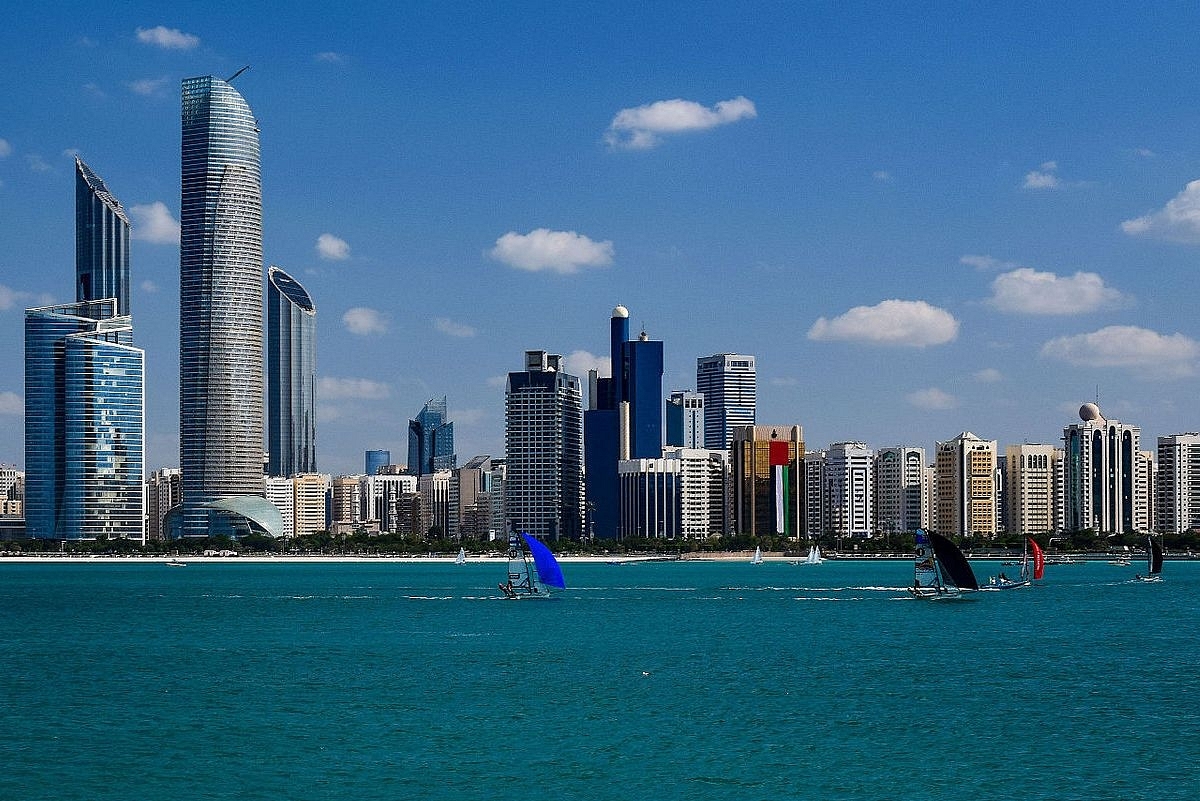News Brief
UAE: Abu Dhabi's Non-Muslim Court, Set Up Under New Liberalised Family Law, Finalises First Civil Marriage

Abu Dhabi (Pic Via Wikipedia)
Over a month after the introduction of new family law for non-Muslims in UAE's capital Abu Dhabi, a local specialised court set up under the new legislation has finalised first civil marriage.
A Canadian couple registered their marriage at Abu Dhabi's new Non-Muslim family court on Monday, marking the beginning of separate legal family law for non-Muslims in the country that follows Sharia.
The court is part of new legislation introduced last month to better support foreign residents of the emirate, reports National News.
Commenting on the first civil marriage under the new law, undersecretary of the Abu Dhabi Judicial Department Youssef Al Abri said the completion of the civil marriage contract was an unprecedented step forward for the region and nation.
The new legislation, introduced in November, provides for "a flexible and advanced judicial mechanism for the determination of personal status disputes for non-Muslims”, according to the Abu Dhabi judicial department.
The new law is designed to bring Abu Dhabi in step with international practices and enhance its position as a destination for global talent.
The law consists of 20 articles divided into several chapters covering civil marriage, divorce, joint custody of children and inheritance.
Under the new law, spouses have the right to divorce without needing to prove harm was done in the marriage.
Equal legal rights for men and women are also enshrined in the new family law.
The new family law comes after a series of changes were introduced in Abu Dhabi to modernise and overhaul the legal system and preserve the rights of non-Muslims, ensuring that their legal matters do not fall under Sharia.
Further, under the law, a specialised court dedicated to non-Muslim family matters has also been introduced.
The court opened earlier this month and will hear all cases related to marriage, custody, divorce, paternity, inheritance and personal status.
All the procedures of the court will be in Arabic and English to ensure foreigners understand them and to improve judicial transparency.
Support Swarajya's 50 Ground Reports Project & Sponsor A Story
Every general election Swarajya does a 50 ground reports project.
Aimed only at serious readers and those who appreciate the nuances of political undercurrents, the project provides a sense of India's electoral landscape. As you know, these reports are produced after considerable investment of travel, time and effort on the ground.
This time too we've kicked off the project in style and have covered over 30 constituencies already. If you're someone who appreciates such work and have enjoyed our coverage please consider sponsoring a ground report for just Rs 2999 to Rs 19,999 - it goes a long way in helping us produce more quality reportage.
You can also back this project by becoming a subscriber for as little as Rs 999 - so do click on this links and choose a plan that suits you and back us.
Click below to contribute.
Latest